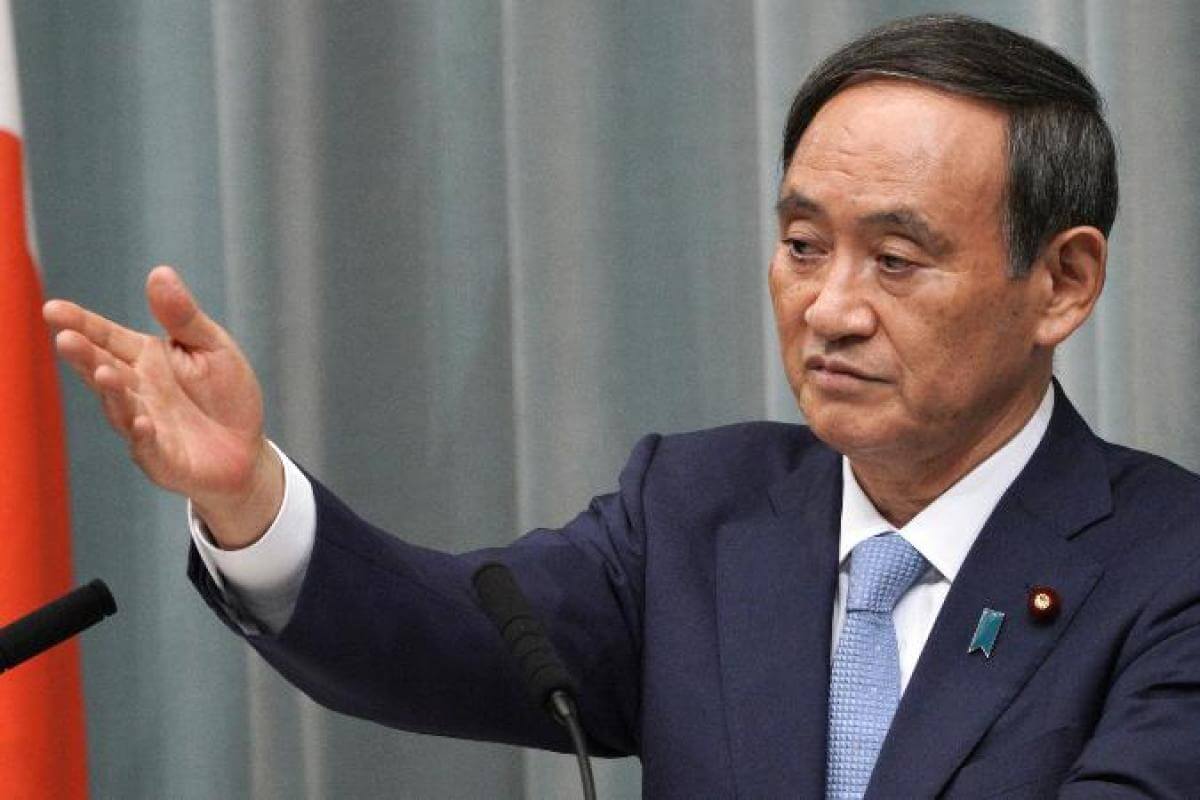On Tuesday, the Japanese government announced emergency aid for Yemen’s food crisis, COVID aid for the Pacific Islands and Southeast and Southwest Asia, and humanitarian aid for seven African nations.
Yemen
Tokyo is extending an Emergency Grant Aid of $10 million to help mitigate the impact of the food crisis in Yemen. This emergency aid intends to improve the country’s food and nutrition situation through the World Food Program (WFP) and the United Nations Children’s Fund (UNICEF). Consequently, approximately 552,000 people will be offered food assistance. In addition, approximately 13,000 malnourished children will receive nutrient supplements and medical care.
WFP’s emergency response in Yemen is its largest intervention in the world. According to the organization, despite ongoing humanitarian assistance, 16.2 million Yemenis are food insecure. Moreover, the rate of child malnutrition in the country is one of the highest in the world and continues to worsen.
Pacific Islands and Southeast & Southwest Asia
Tokyo also announced emergency grant aid of approximately $41 million to Pacific Island countries as well as southeastern and southwestern Asian states to curb the impact of the COVID-19 pandemic. This assistance is expected to provide 25 countries in the region with medical equipment to secures COVID-19 vaccinations in each country, through the United Nations Children’s Fund (UNICEF). These countries include Brunei Darussalam, Cambodia, Indonesia, Lao PDR, Malaysia, Myanmar, Philippines, Thailand, Timor-Leste, Viet Nam, Bhutan, Maldives, Nepal, Pakistan, Sri Lanka, Cook Islands, Fiji, Micronesia, Niue, Papua New Guinea, Samoa, Solomon Islands, Tonga, Tuvalu, and Vanuatu. Furthermore, Japan also announced its financial contribution of $200 million to the COVAX Facility, which is a global initiative that seeks to ensure equitable access to coronavirus vaccines, regardless of the income levels of member countries.
Africa
The Government of Japan announced that it will extend Emergency Grant Aid of $28,900,000 to help food shortages caused by humanitarian crises in seven African countries. This includes Burkina Faso, the Central African Republic, Chad, the Democratic Republic of Congo, Mali, Niger, and South Sudan. The money will be disbursed through the United Nations (UN) WFP, the UN Children’s Fund (UNICEF), and the UN High Commissioner for Refugees (UNHCR).
Japan is assisting the aforementioned countries in the following way:
Burkina Faso: Food assistance to approximately 48,000 people, construction of 45 water systems such as boreholes to facilitate improved access to water, and provision of non-food items (NFIs) such as hygiene kits to approximately 8,500 households
Central African Republic: Food assistance to approximately 16,000 people and NFIs to 3,000 households
Chad: Installation of approximately 10 boreholes to facilitate improved access to water and provision of NFIs to approximately 6,000 households
Democratic Republic of the Congo: Food assistance to approximately 27,000 people, assistance with construction and rehabilitation of shelters to 270 households, and nutrition supplies to 4,500 children
Mali: Improved access to water for 15,000 people and NFIs for 50,000 households
Niger: Food assistance to 83,000 people and improved access to water for 8,000 people
South Sudan: Food assistance to 20,000 people and 68,000 internally displaced persons in regions suffering from severe food insecurity. In addition, nutrition supplies for 15,000 children suffering from acute malnutrition
Japan is the fourth largest donor country in the world in absolute terms and the largest in Asia. Bilateral aid constitutes 77% of Japan’s Official Development Assistance (ODA), which means that the Japanese government donates directly to the recipient country without a third-party organization. In 2018, about 57% of Japan’s ODA went to Asian countries, with India, Bangladesh, and Vietnam being the largest benefactors.

